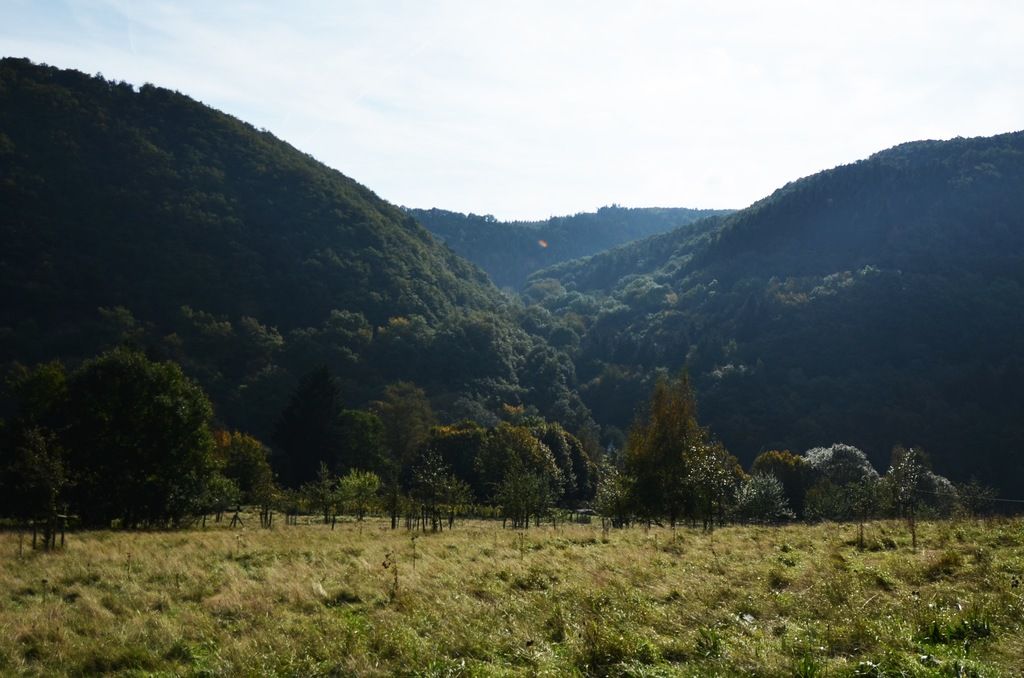Gas Power Plants: Reiche's Move Aimed at Minimizing Winter Energy Woes
Katherina Reiche's gas-fired power plants are perfectly justified.
Wintertime blues got you feeling blue? Fear not, because Baden-Württemberg's Energy Minister Katherina Reiche has a plan, and it involves 20 gigawatts of new gas power plants. But, how much is too much and how little is too little? According to Werner Goetz, head of TransnetBW, Baden-Württemberg's transmission grid operator, this number is "just right."
Goetz compares these gas power plants to an investment in a fire department, stating that the expansion of urgently needed battery storage will not suffer as a result. However, speed is essential, as Goetz is increasingly concerned about the availability and reliability of the current fire department—coal power plants from the 60s to 80s.
Critics argue that these gas power plants will serve as a backup for only a few hours of low wind during the winter. Yet, Werner Goetz, head of TransnetBW, counters this argument by stating that gas power plants will also provide essential ancillary services such as grid restoration, redispatch, and generation of reactive power.
The location of these power plants will play a crucial role in their ability to provide these services effectively. Goetz suggests that one-third should be located in the north and two-thirds in the south. According to the press, Minister Reiche supports this proposal.
But, you might ask, why not opt for battery storage instead? Goetz acknowledges that battery storage is vital for balancing short-term fluctuations in the grid but argues that it's not suitable for managing prolonged periods of low wind in winter, when there may be no wind or sun for two to three weeks.
The gas power plants in question will initially be fired with natural gas but are designed to operate with hydrogen in the future, making them CO2-neutral. However, some are concerned about the cost and the long delay in constructing these power plants, with some suggestions that they could be overtaken by other technologies, such as solar energy and battery storage, during the construction period.
Goetz, however, expresses little concern about this possibility and is optimistic about the benefits that gas power plants can bring. He argues that these power plants will provide a critically necessary service that must be paid for, stating that introducing these instruments has nothing to do with subsidization. According to Goetz, they fill a pressing need.
In conclusion, while it's undeniable that these gas power plants can come with a hefty cost, they can also provide vital backup power during emergency situations—situations that are inevitable during the winter months and that battery storage alone may struggle to manage. Whether they are an insurance policy for these low-wind periods remains to be seen, but for now, they are set to play a crucial role in Baden-Württemberg's energy future.
- The Community policy on energy investments should consider the benefits of strategic placement of these gas power plants, with one-third located in the north and two-thirds in the south, as this distribution would optimize their ability to provide essential ancillary services.
- The employment policy in the energy sector should account for the growth and development of CO2-neutral gas power plants, as these facilities will initially run on natural gas but are designed to operate with hydrogen in the future, potentially creating jobs in the finance, industry, and energy sectors.







